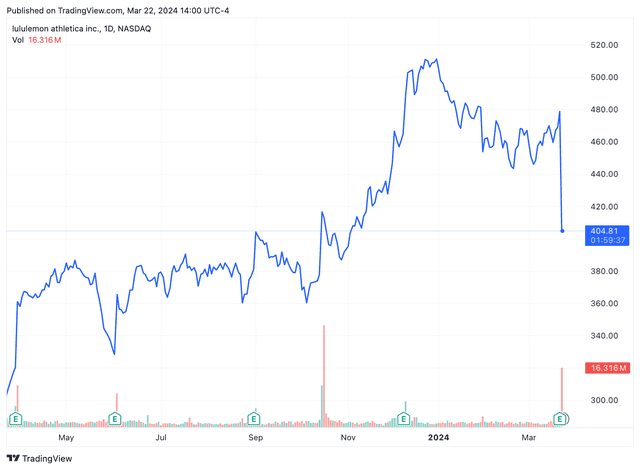Delivered Ex Ship (DES): Understanding the Discontinued Trade Term
In the world of international trade, various terms and abbreviations are used to define the responsibilities and liabilities of buyers and sellers. One such term that has been discontinued but still holds relevance in historical contexts is Delivered Ex Ship (DES). This trade term, which was widely used in the past, indicated that once sellers delivered goods to a port, all risks and costs shifted to the buyer. In this article, we will delve deeper into the concept of Delivered Ex Ship, its implications, and why it is no longer in use.
Understanding Delivered Ex Ship (DES)
Delivered Ex Ship (DES) was a trade term that specifically applied to maritime transportation. It indicated that the seller was responsible for delivering the goods to a named port of destination. However, once the goods were unloaded from the ship at the port, all risks and costs associated with the goods were transferred to the buyer. This meant that the buyer had to bear any potential loss or damage to the goods from that point forward.
The Discontinuation of DES
Despite its historical significance, Delivered Ex Ship (DES) is no longer used in international trade. It has been replaced by more comprehensive and precise trade terms such as Delivered Duty Paid (DDP) and Cost, Insurance, and Freight (CIF). These newer terms provide clearer guidelines and better protection for both buyers and sellers.
The main reason behind the discontinuation of DES was its limited scope. Since it only covered the delivery of goods to a port, it did not account for other crucial aspects such as customs clearance, import duties, and insurance. As international trade became more complex, it became necessary to introduce trade terms that encompassed these additional factors.
The Advantages of Modern Trade Terms
The introduction of trade terms like Delivered Duty Paid (DDP) and Cost, Insurance, and Freight (CIF) has brought several advantages to international trade. These terms provide a more comprehensive framework for buyers and sellers to negotiate and agree upon their respective responsibilities and liabilities.
Delivered Duty Paid (DDP) is a trade term that places the maximum responsibility on the seller. Under DDP, the seller is responsible for delivering the goods to the buyer’s premises, including customs clearance and payment of import duties. This term provides buyers with greater convenience and reduces the risk of unexpected costs or delays.
On the other hand, Cost, Insurance, and Freight (CIF) is a trade term that places the responsibility of delivering the goods on the seller, including the cost of transportation and insurance. However, unlike DES, CIF also includes insurance coverage for the goods during transit. This provides buyers with added protection in case of loss or damage to the goods during transportation.
The Importance of Clear Trade Terms
Clear and precise trade terms are crucial for international trade as they establish a common understanding between buyers and sellers. They outline the responsibilities, liabilities, and risks associated with the transaction, ensuring that both parties are aware of their obligations.
In today’s globalized economy, where trade volumes are increasing rapidly, having standardized trade terms is essential for smooth and efficient transactions. It helps avoid misunderstandings, disputes, and unnecessary delays.
Conclusion
Although Delivered Ex Ship (DES) is no longer in use, it played a significant role in shaping international trade practices. Its discontinuation paved the way for more comprehensive trade terms that encompassed additional factors such as customs clearance, import duties, and insurance.
Modern trade terms like Delivered Duty Paid (DDP) and Cost, Insurance, and Freight (CIF) provide buyers and sellers with clearer guidelines and better protection. They ensure that both parties have a common understanding of their responsibilities and liabilities, leading to smoother and more efficient transactions.
As international trade continues to evolve, it is crucial for businesses to stay updated with the latest trade terms and adapt their practices accordingly. By doing so, they can navigate the complexities of global trade and ensure successful transactions that benefit all parties involved.



